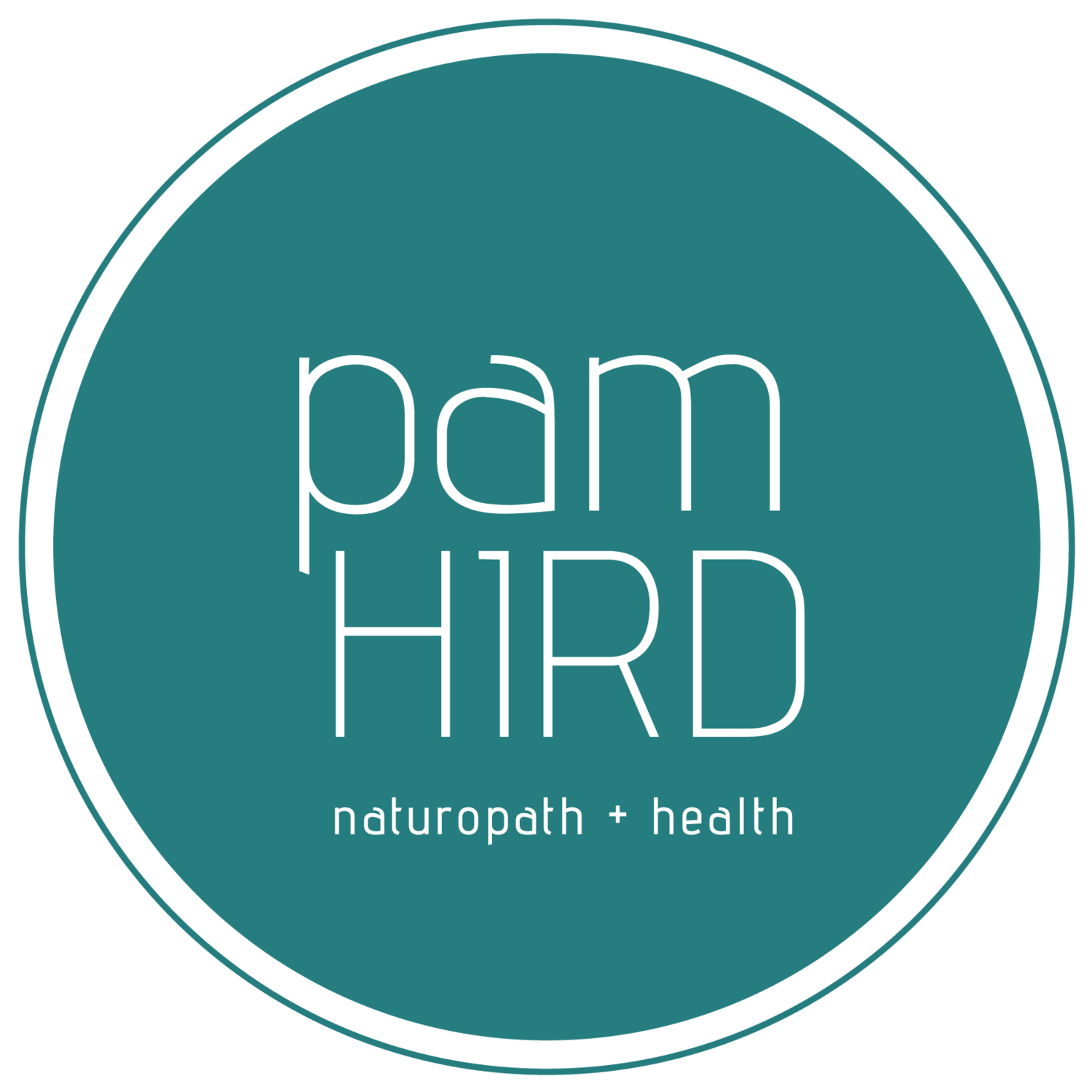10 Most Common Vitamin & Mineral Deficiencies in Women
The 10 most common Vitamin and Mineral Deficiencies and the best foods to eat to avoid them
Iron
To get more Iron in your diet eat pumpkin seeds, liver, oysters, cashews, beans, lentils, tofu or dark green leafy vegetables such as spinach.
Iodine
The easiest change you can make to get more Iodine in your diet is simply to start buying Iodised salt instead of regular salt. Although it comes from the ocean, sea salt is not a good source of iodine.
Vitamin B12
To get more Vitamin B12 in your diet eat more animal products.
Zinc
How to get more Zinc in your diet eat Oysters, Red Meat, Crab or Lobster Meat
Omega-3
The easiest way to increase the amount of Omega-3 in your diet is to increase the amount of oily fish you eat (Salmon, Mackerel, etc).
Calcium
The best way to up your calcium intake it through dairy foods like Milk, Yoghurt and Cheese. If you happen to be lactose intolerant, Soy Milk and Rice Milk are also a good source of calcium.
Potassium
The best natural sources of Potassium are bananas, milk, whole grains.
Folate (Folic Acid)
The word folate comes from the latin word folium which means ‘leaf’, so lots of leafy vegetables are usually a good source of folate. Other foods high in folate are broccoli, asparagus, chickpeas.
Magnesium
How to get more Magnesium in your diet pumpkin seeds, sunflower seeds, tofu.
Vitamin C
Not just oranges, although oranges are high in vitamin C, they’re by-far not the best source available. Try Papaya, Capsicums, Broccoli. Nutrient deficiencies can cause a wide range of symptoms and health issues.
Before you reach for any old bottle of supplements at the chemist, make a time to see me to discuss your symptoms and ask about nutrient deficiency testing so that you can find the exact supplements you need to balance your body.
